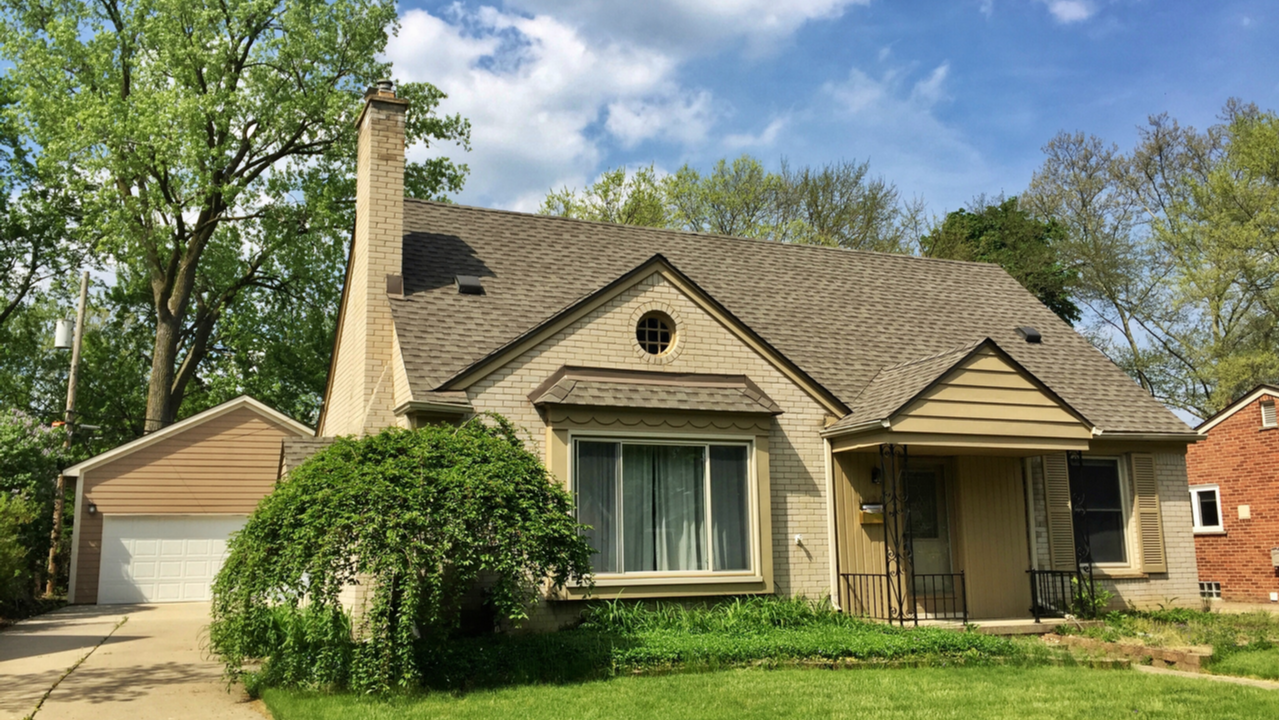VA closing costs: What are they and how much are they?

The Bankrate promise
At Bankrate we strive to help you make smarter financial decisions. While we adhere to strict , this post may contain references to products from our partners. Here's an explanation for .
Key takeaways
- VA loans come with closing costs, which include the origination fee, funding fee, discount points and other fees for your home loan.
- VA closing costs can range from 1 to 6 percent of your loan, but the seller may pay up to 4 percent for you.
- You can roll the VA funding fee into your loan principal to avoid paying it upfront, but this move will cost you more in interest over the loan term.
If you’re an active-duty service member, veteran or surviving spouse, a VA loan could help you finance a home with no down payment. But that doesn’t mean you’re spared any cash contribution to the deal. VA loans do carry some upfront expenses — some unique, some similar to (if often less than) other mortgages.
Here’s what you need to know about VA loan closing costs.
Do VA loans have closing costs?
VA loan closing costs are all the fees associated with originating a loan that’s insured by the U.S. Dept. of Veterans Affairs (VA). These generally include:
- Origination fee – This charge is for creating the loan. The VA limits this fee to 1 percent of the total loan amount.
- Funding fee – This one-time charge is based on the type of VA loan (for example, purchase or refinance), the total amount being borrowed, your down payment (should you choose to make one) and whether you’ve previously had a VA loan. The funding fee for purchase loans ranges from 0.5 percent to 3.3 percent. You can roll this fee into your loan or pay it out-of-pocket at closing.
- Discount points – Borrowers can opt to purchase points to lower the interest rate on their VA loan. This is an added upfront cost paid at closing, which allows you to secure a rate lower than the par rate.
Other closing costs on a VA loan could include:
- Credit check fee
- Appraisal fee
- Title search and title insurance costs
- Hazard insurance: Coverage on your home in case something happens to damage your home’s structure, such as wind, theft or a fire.
- Recording fee: This covers the cost of legally registering, or recording, your home purchase to the local or state government agency.
- Flood certification fee: The mortgage lender uses a flood certification to determine whether your home is in a flood zone. This lets them know if your house requires flood insurance or not.
- Survey fee: a mortgage survey determines the boundaries of your property.
- Prepaid items (property taxes, homeowners insurance premium)
- State and local taxes
How much are VA closing costs?
VA loan closing costs can range from 1 percent to 6 percent of your loan. However, the final tally ultimately depends on the VA lender you choose to work with.
By law, your VA lender is required to provide an estimate of all the closing costs associated with your loan within three days of applying for it, as well as a finalized list of the closing costs, known as the closing statement, at least three days before your closing date.
VA closing costs vs. other loans
If you’re comparing VA loans with other options, like conventional loans and FHA loans, it’s important to understand some of the key differences. These include:
- There are certain fees that VA borrowers will never pay – If you take out a VA loan, lenders cannot charge you for certain fees that may show up on other mortgage types. These fees include attorney fees and prepayment penalties.
- Your origination fee will never exceed 1 percent of the loan amount – The VA mandates that lenders limit origination fees to no more than 1 percent of the loan amount. And if your lender does charge that flat 1 percent origination fee, it cannot charge you separately for any of the following items: application fees, document preparation fees, notary fees, attorney’s fees, mortgage rate lock fees, postage fees, escrow fees, loan closing or settlement fees, lender-ordered appraisal or inspection fees and photographs.
- There is no mortgage insurance on VA loans – Mortgage insurance tacks on a significant upfront cost for borrowers with FHA loans — 1.75 percent of the loan amount. Conventional loans also carry them, if your down payment is under 20 percent. VA loans don’t have this charge.
- Sellers are limited to paying 4 percent of the sales price – With FHA loans, sellers can contribute up to 6 percent of the price with concessions. The VA caps these concessions at 4 percent. However, it’s important to note that discount points are not included in the 4 percent maximum.
How to pay closing costs on a VA loan
The different ways you can pay for your VA loan closing costs include:
- Pay the closing costs out-of-pocket and in full at closing.
- Ask the home seller to pay for the closing costs. The seller can agree to pay a portion of the buyer’s closing costs, up to 4 percent of the mortgage, including the funding fee or origination fee. For a VA loan, sellers are always required to pay the real estate agent commissions, brokerage fees and termite reports. As with any home sale, the buyer and the seller can negotiate most of the other closing costs.
- Roll the costs into your loan. This is only allowed for the funding fee (other closing costs usually can’t be rolled into your VA purchase loan). Think carefully about whether this move makes financial sense over the long run: Since it’s added to your loan principal, it’ll accrue interest on it. So while it lowers your upfront outlay, you end up paying more in interest during the life of the loan.
VA loan closing cost FAQ
-
Besides negotiating with the seller, you can cut your VA closing costs by not buying discount points. You may also be exempt from the funding fee if you are:
- Living with a disability connected to your service and being compensated for the disability
- Living with a disability connected to your service and receiving military retirement pay (instead of compensation)
- An active-duty Purple Heart recipient
- A surviving spouse whose partner died in service (and is being compensated) or from a service-related disability
- Eligible to be compensated due to a pre-discharge
-
The funding fee may be tax deductible, but only if you roll it into your mortgage. You can consult with a tax professional to ensure that you are taking all the possible deductions for your new home.
-
The VA funding fee is a one-time charge tacked on VA loans. It’s coverage for compensating the lender in case you default. The exact cost of your funding fee varies — it all depends on your down payment size and whether you are a first-time VA loan borrower. For example, if you are a first-timer and you put down 5 percent, the current funding fee will be 1.5 percent of the total loan amount. If you put down less, it jumps to 2.15 percent. Contribute 10 percent or more, and it drops to 1.25 percent.
Related Articles




Guide to closing on a house: What to expect during the closing process